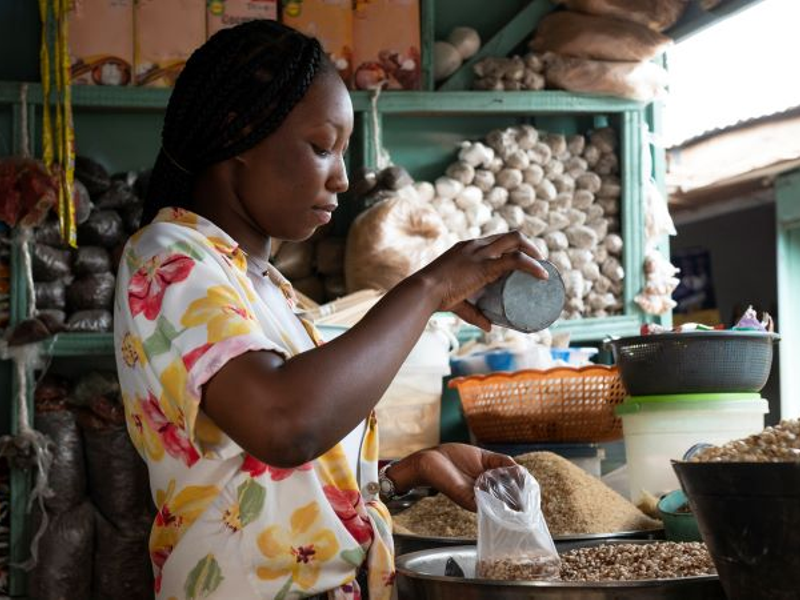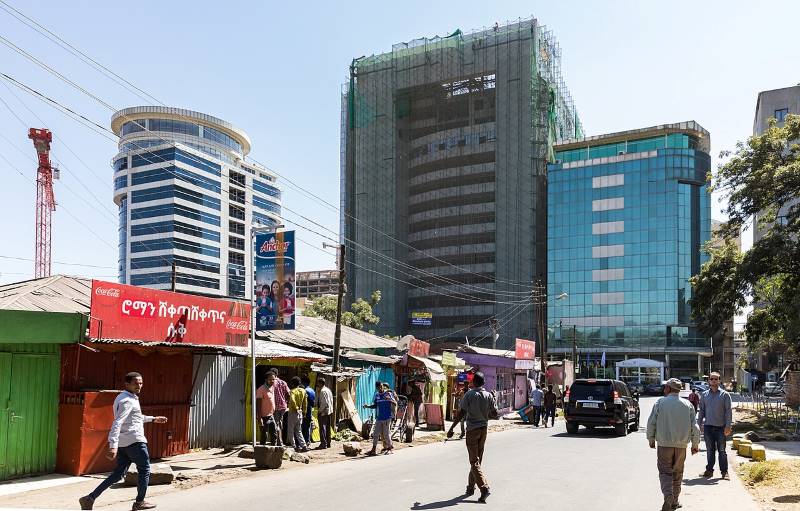Image by freepik
Micro, Small, and Medium Enterprises (MSMEs) will continue to be the driving force for many developing economies, especially in Africa. According to the World Economic Forum (WEF), MSMEs account for about 80% of the continent’s employment which has led to a growing middle class that is driving demands for new products and services.
When it comes to the creation of jobs and wealth especially in Africa, MSMEs are on the frontlines of meeting that requirement for the continent more so as its influence is also instrumental in promoting financial inclusion, and independence for women. Ensuring an increased influence of women in the growth of MSMEs in Africa is not only crucial and strategic but offers the potential to boost economic growth for the continent.
In an article titled “Why women’s entrepreneurship should be supported in Africa” by Kilsah Consulting, it was noted that “Sub-Saharan Africa has the highest female entrepreneurship rate globally, with approximately twenty-six percent of female adults engaged in entrepreneurial activity”.
With a sizable percentage of women entrepreneurs already playing a crucial role in Africa’s economy and its development, it becomes imperative that programs and policies that encourage, empower, and support more women in MSMEs should be part one of the core focus for African leaders as well as Development Finance Institutions.
While this should be the norm, in several cases it is not as women in MSMEs are faced with several challenges that continue to impede their ability to scale up their capacity to contribute to the growth of their economies.
Challenges like financial access to credits, cultural and social norms, and legal and regulatory setbacks have continued to deny women access to the necessary business support required. Beyond tackling gender disparities, supporting women in MSMEs positively impacts the economy as much of these funds are reintegrated into the system through family welfare care and the collective growth of their communities.
Support for Women in MSMEs is further emphasized in the same report by Kilsah Consulting, noting that “Micro, Small, and Medium-Sized Enterprises (MSMEs) according to the International Finance Corporation (IFC) play a large role in closing the gender gap. Inequality in access to education, training, and financial services can be alleviated if there is a concerted and collaborated effort to support women in their entrepreneurship journey”.

Image by ASphotofamily on Freepik
How then can women receive the much-needed support?
One such way is by developing a women-driving MSME policy regulatory framework that addresses issues like women’s access to finance to support their businesses and tackles societal and cultural norms that place restrictions that limit the presence of women in MSMEs while offering them a level playing field. Such a policy would not only take into account women’s unique needs but also address the challenges facing these businesses and impeding their growth and success.
Going a step further, development finance institutions can be compelled by the government’s policy regulatory framework to offer specialized financial packages that are targeted specifically for the support and growth of women MSMEs.
Another way of support is by deepening the technical capability of women through training, workshops, seminars, and other forms of program that would help them acquire skills needed to scale up their business and make it easier to access required finance.
Such technical capacity-building programs are a good foundation for networking as such events can be women-only gatherings that offer the opportunity for a wholesome interaction where the same gender can discuss their challenges and find ways to support each other’s businesses.
Programs such as the African Women In Business Initiative (AWIB) by the Development Bank for Africa, the African Women’s Entrepreneurship Program (AWEP) launched by the Biden-Harris administration, as well as the ShEquity Business Accelerator (SHEBA) are some of the numerous initiatives designed to support female/women-led businesses.
As the African continent continues to open up, supporting women-led businesses will always be vital to the economic growth and development of the economies of Africa. Empowering women in this age and time is crucial as the ripple effect is seen in the progress and development of the family unit as well as the larger community.

Okechukwu Nzeribe works with the Onitsha Chamber of Commerce, in Anambra State, Nigeria, and loves unveiling the richness of African cultures. nextquestservices@gmail.com





